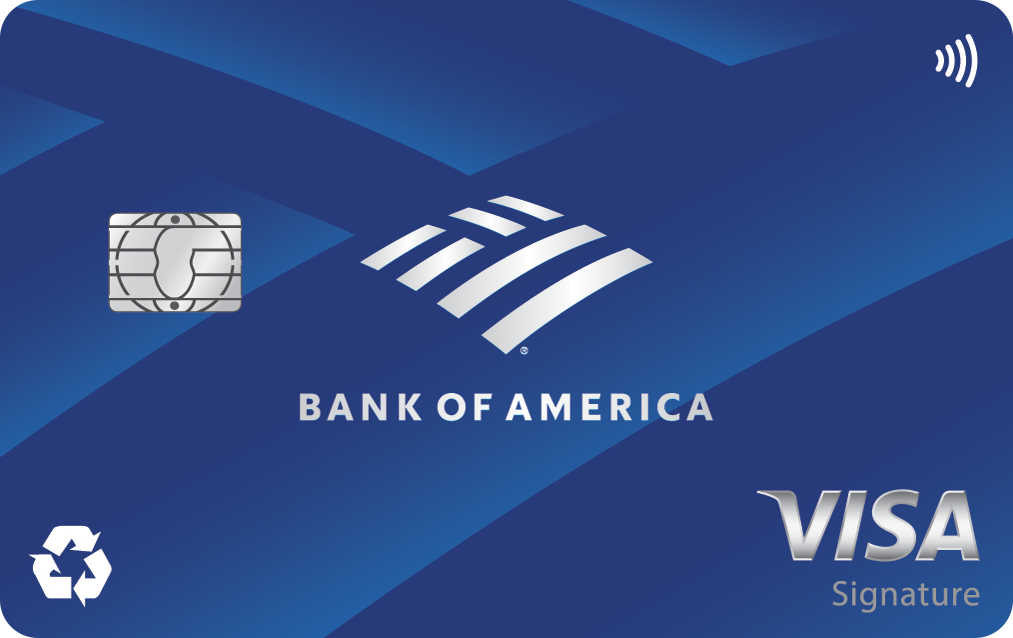Here's What Happens When You Pay Off Your Mortgage -- and What to Do After Your Home Is Paid Off
KEY POINTS
- Once you pay off your home loan, you'll want to gather important documents to prove you've satisfied the terms of your loan.
- While you'll no longer be responsible for making mortgage payments, you'll still be responsible for property taxes and homeowners insurance premiums.
- Don't forget that you'll also still need to cover home repair or maintenance costs that arise.
Becoming a homeowner is a major accomplishment. Since a home purchase can be costly, many people finance their purchase with a mortgage. You may wonder what happens once you pay off your mortgage in full and what you should do after your home loan is paid off. Keep reading to discover what to expect and what steps to take after paying off your mortgage debt.
You'll no longer owe money to your lender
After making your final mortgage payment, you'll no longer owe money to your lender. Knowing you've fulfilled your loan obligation will feel amazing. But you want to make sure you take the proper steps after so you don't continue making payments on the loan. You'll want to collect the necessary paperwork from your home loan lender.
Here are some documents to look for in the mail after paying off your mortgage:
- Loan payoff letter
- Canceled promissory note (states you met the financial obligations of your loan)
- A deed of reconveyance (which indicates the property's title has been transferred from the lender to the borrower)
- A deed (shows that you're the sole owner of the property)
- A certification of mortgage satisfaction (this is issued by a local recorder or county clerk, showing that the property has been paid off)
- Remaining escrow funds (if there is money remaining in your escrow account after paying off your loan, your mortgage lender will mail you a check)
It may take time to receive all these essential documents, but it's important to ensure you collect them and keep them safe for record keeping. You should also review any automatic payments you have set up to ensure they're no longer enabled for your mortgage payment. Otherwise, money could still come out of your checking account.
Don't forget about other homeownership costs
While you'll no longer owe money toward the loan's principal or be responsible for interest, you'll need to keep paying your property taxes. You'll likely begin to receive property tax bills directly from state, country, and local governments. But it's not a bad idea to check in with each taxing agency to ensure they know to send the bills to you, instead of your lender.
You'll also be responsible to keep paying your homeowners insurance premiums. Even if you're not legally required to carry insurance coverage on your home once it's paid off, it's a worthwhile expense to continue paying. You want to protect your investment. You'll want to coordinate with your home insurance company to arrange billing details.
Once your home loan is paid off, calculating your annual property tax and home insurance costs is recommended to determine a monthly amount to set aside in your high-yield savings account. Saving throughout the year can ensure you can afford the bills when they arrive.
Here's an example: If your yearly property taxes are $6,500 and your annual home insurance premium is $1,000, you'd want to set aside $625 monthly to save for these yearly costs.
How to put your extra money to good use
Paying off your mortgage can free up more income for other expenses. What should you do with the extra money you have? If you have any high-interest debt, like credit card debt, prioritize paying it off. You can save money on interest fees by paying off these debts quickly.
If you don't have an emergency fund, you might also put some extra money aside each month. You never know when an emergency expense may come your way, and it'll feel good to know that you're financially prepared. Home repairs and maintenance issues can occur anytime, so don't neglect to save before you find yourself dealing with an expensive fix.
Finally, you might consider boosting your retirement contributions, especially if you're not maxing out your retirement accounts. Having plenty of money for your retirement years can ease your financial worries. If you have yet to prioritize investing for retirement, check out our list of the best IRA accounts to learn more.
Owning a home outright is a major milestone
Hooray! Congratulations on paying off your home loan! Make sure you pat yourself on the back for all your hard work that led to this massive accomplishment. Check out our free personal finance resources if you're looking for additional money management tips.
Our Research Expert
We're firm believers in the Golden Rule, which is why editorial opinions are ours alone and have not been previously reviewed, approved, or endorsed by included advertisers. Motley Fool Money does not cover all offers on the market. Motley Fool Money is 100% owned and operated by The Motley Fool. Our knowledgeable team of personal finance editors and analysts are employed by The Motley Fool and held to the same set of publishing standards and editorial integrity while maintaining professional separation from the analysts and editors on other Motley Fool brands. Terms may apply to offers listed on this page.



